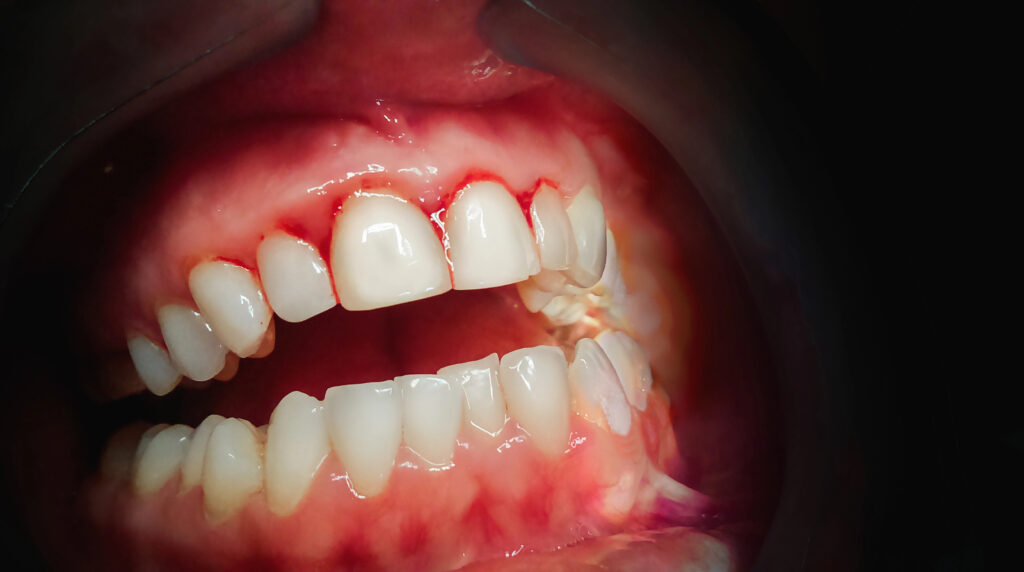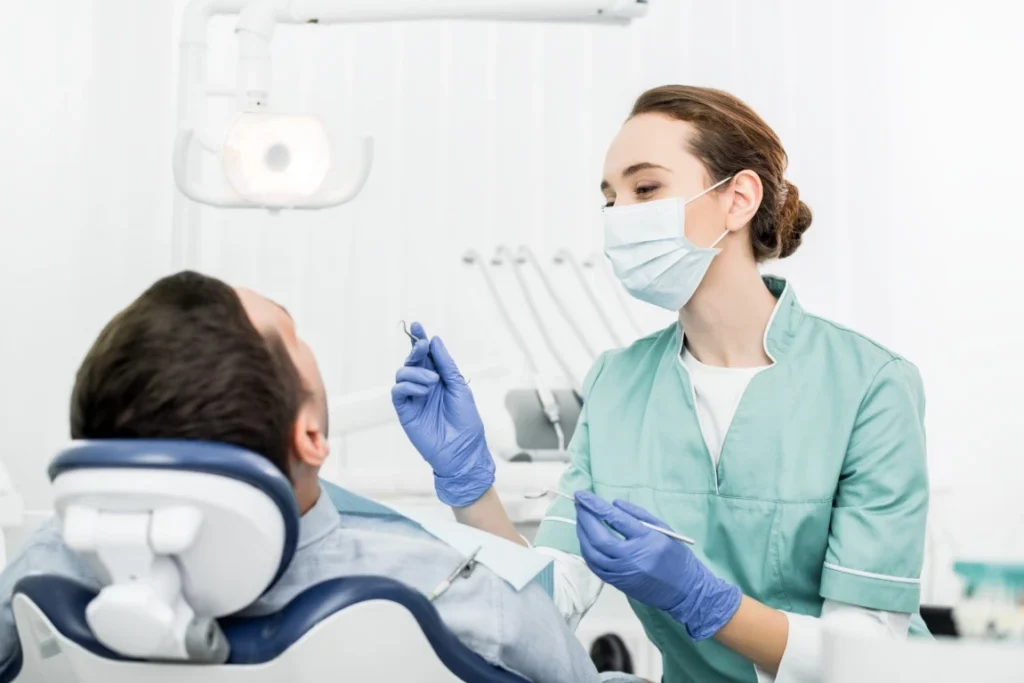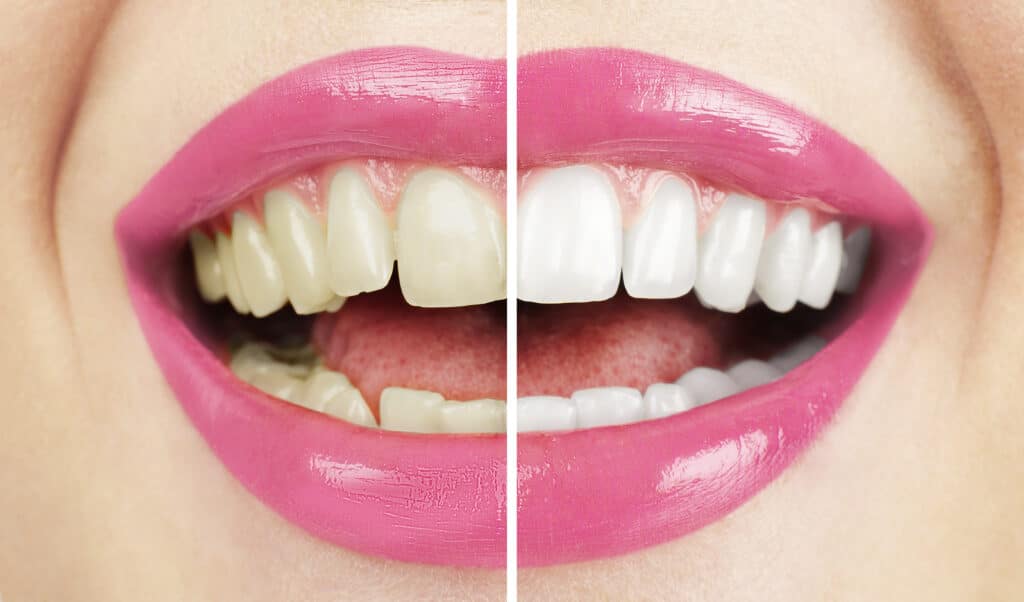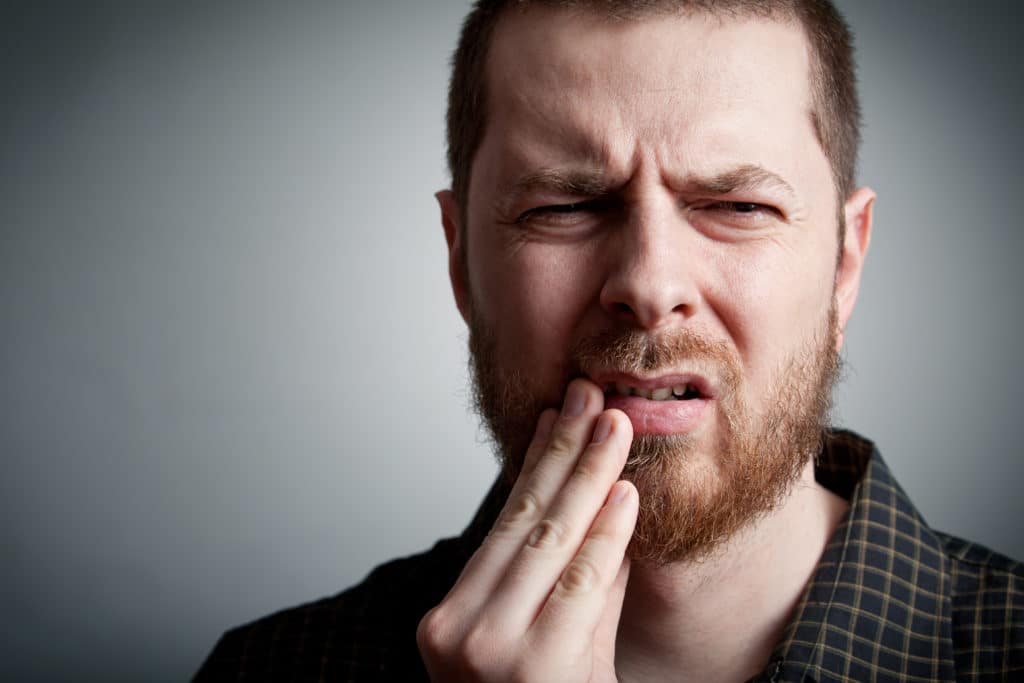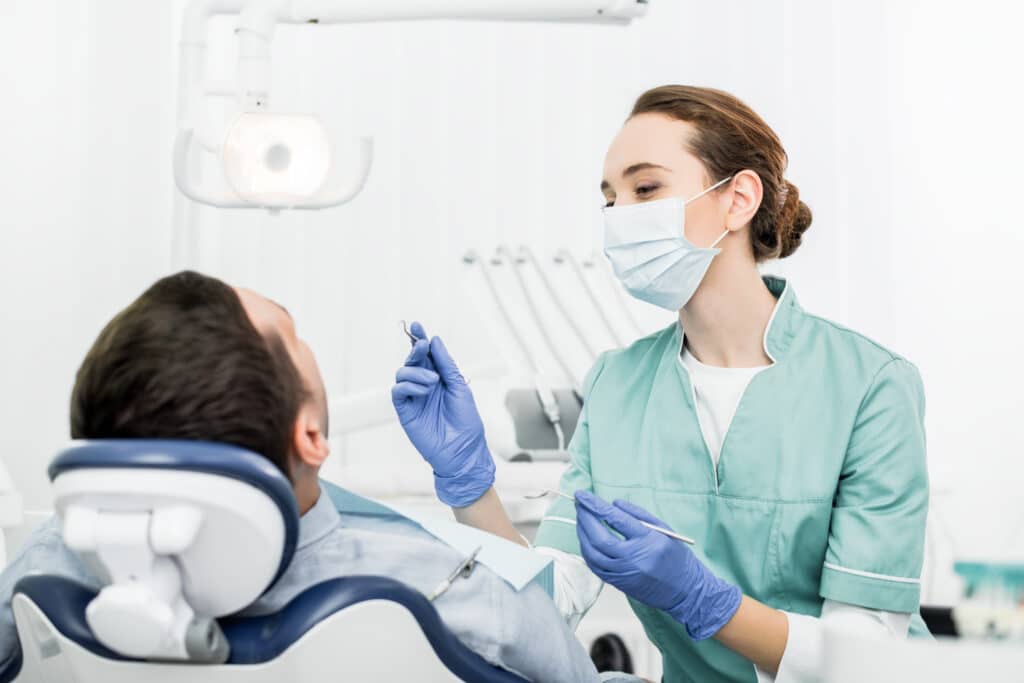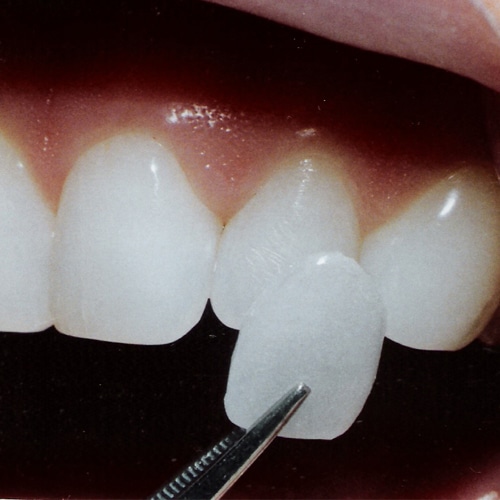
Veneers are a popular cosmetic dentistry solution that involves bonding thin shells to the front surfaces of the teeth, giving them a brighter, whiter, and more uniform appearance. In an attempt to save money, many people seek veneers from people advertising themselves as veneer technicians instead of licensed dentists; however, this can have serious consequences.
At the office of Eric Felt DDS, we’re dedicated to providing quality cosmetic dentistry solutions — including veneers — to our patients, ensuring their smiles stay bright and healthy for a lifetime. If you’re considering veneers, keep reading to learn why choosing a qualified cosmetic dentist is essential for safe, effective, and long-lasting results.
What Is a Veneer Technician?
When you hear the phrase “veneer technician,” you may imagine a dental professional who specializes in veneers. However, the truth is that veneer technicians are regular people with no dental training who have completed a short course — usually only two days — and paid a couple thousand dollars to receive a certificate claiming they’re qualified to place veneers.
However, this training is bogus, and so-called veneer technicians are not legally allowed to perform any dentistry procedures. In fact, they can be charged with practicing medicine without a license — a felony in most U.S. states — and their victims can even sue them for assault and battery if anything goes wrong.
The Risks of Getting Veneers from a Veneer Technician
As you can imagine, there are many risks that come with receiving services from an unqualified veneer technician. Let’s take a look at some of the reasons to steer clear of them.
Lack of Proper Training and Qualifications
Veneer technicians do not have the necessary training, qualifications, or legal authority to perform dental procedures. Cosmetic dentists, on the other hand, undergo years of dental school and complete special training in restorative and cosmetic procedures, ensuring they can provide safe and effective care.
No Comprehensive Oral Health Evaluation
Before placing veneers, dentists evaluate the teeth and gums, go over the patient’s health history, and determine whether they’re a good candidate for the procedure. Veneer technicians do no such thing — they only care about making a quick buck, so they’ll place veneers on patients with issues like gum disease, decay, and bite misalignment, setting the stage for long-term complications.
Improper Tooth Preparation
Veneer placement requires the careful removal of the top layer of enamel. Too much or too little can cause significant problems down the line. Veneer technicians may over-file the teeth, leading to pain, sensitivity, and long-term damage.
Low-Quality Materials
Not just anyone can get the supplies required for veneers. You have to be a licensed dental provider to be able to purchase the high-quality porcelain or composite materials needed. Since veneer technicians do not have access to industry suppliers, many of them turn to nail art supplies and cheap kits ordered online. The result is veneers that can easily stain, break, or detach.
Lack of Customization and Aesthetic Expertise
When it comes to veneers, there’s no one-size-fits-all solution. Cosmetic dentists customize veneers to match each patient’s unique facial structure, tooth shape, and natural tooth color to create a seamless look. Veneer technicians don’t have this expertise, which means the result often looks unnatural or oversized.

The Benefits of Choosing a Licensed Cosmetic Dentist for Veneers
Now that you know what makes veneer technicians so dangerous, let’s explore the benefits of choosing a qualified cosmetic dentist for veneers:
- Comprehensive consultation and treatment plan: Your dentist will thoroughly assess your oral health, discuss your aesthetic goals, and recommend the best options for your needs.
- Expertise in preparation and application: Precise enamel removal and proper bonding techniques ensure longevity and comfort.
- High-quality materials for long-lasting results: Professional-grade materials offer lasting durability and a natural appearance.
- Customization for a natural, flattering look: Skilled cosmetic dentists design custom veneers for a natural-looking smile.
- Safe and hygienic procedures: Sterile tools and proper safety precautions minimize the risk of infection.
- Follow-up care and adjustments: Dentists provide post-procedure care and will make necessary adjustments to ensure your complete satisfaction.
Quality Cosmetic Dentistry by Eric Felt DDS
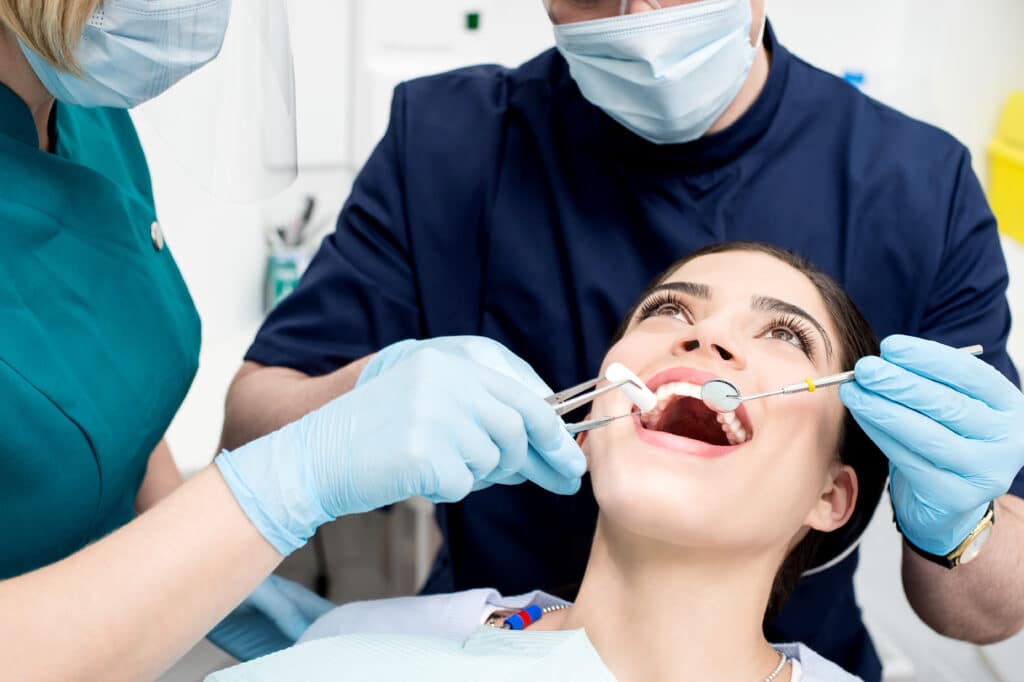
When you trust Eric Felt DDS for all your cosmetic dentistry needs, you can rest assured that you’ll get the quality care you deserve. Unlike a veneer technician, Dr. Felt has extensive training in veneer placement and has helped countless patients achieve the beautiful smiles they’ve always dreamed of.
If you’re seeking a way to improve your smile’s aesthetics, contact us today to schedule an appointment.

